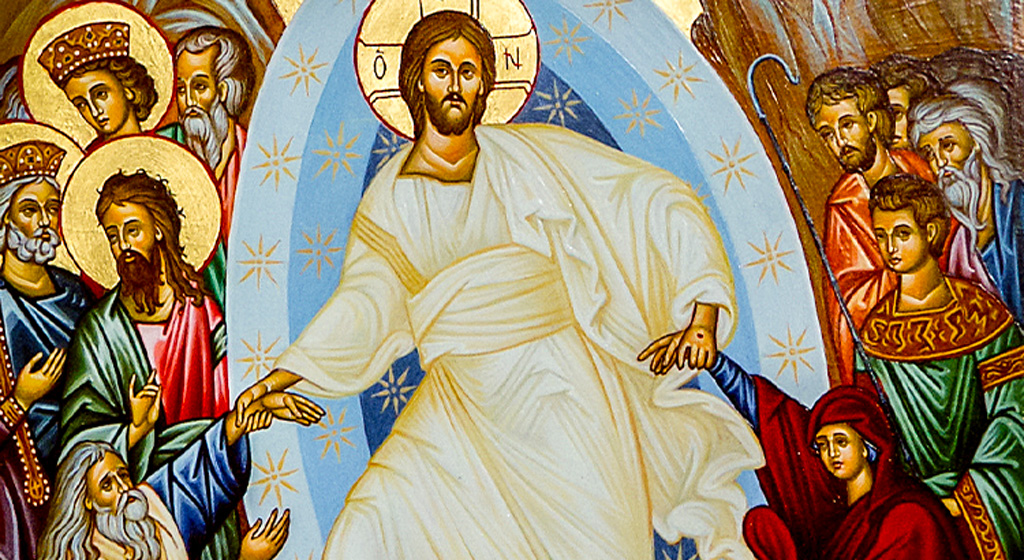Prayer in Eastertime
Remembrance of Mar Gregorios Ibrahim and Paul Yazigi, Syrian-orthodox and Greek-orthodox patriarchs in Aleppo in Siria, who were kidnapped on April 22, 2013. With them we remember also Father Paolo Dall'Oglio and we pray for all those who were kidnapped.
Reading of the Word of God
Alleluia, alleluia, alleluia
Christ is risen from the dead
and will die no more.
He awaits us in Galilee!
Alleluia, alleluia, alleluia
Acts 2,36-41
'For this reason the whole House of Israel can be certain that the Lord and Christ whom God has made is this Jesus whom you crucified.' Hearing this, they were cut to the heart and said to Peter and the other apostles, 'What are we to do, brothers?' 'You must repent,' Peter answered, 'and every one of you must be baptised in the name of Jesus Christ for the forgiveness of your sins, and you will receive the gift of the Holy Spirit. The promise that was made is for you and your children, and for all those who are far away, for all those whom the Lord our God is calling to himself.' He spoke to them for a long time using many other arguments, and he urged them, 'Save yourselves from this perverse generation.' They accepted what he said and were baptised. That very day about three thousand were added to their number.
Alleluia, alleluia, alleluia
Christ is risen from the dead
and will die no more.
He awaits us in Galilee!
Alleluia, alleluia, alleluia
"Therefore let the entire house of Israel know with certainty that God has made him both Lord and Messiah, this Jesus whom you crucified." These words are some of the first affirmations of Peter to the crowd that had gathered on the day of Pentecost in front of the upper room. Later the apostle Paul will say that the Word of God is like a double-edged sword that cuts to the depths of the heart and does not leave it indifferent. This is what happened to the first listeners: they were cut to the heart by the Gospel of Easter and immediately asked Peter a simple but fundamental question: "What should we do?" The Word of God causes a new history and urges to a new step in one's life. The apostle's answer was clear as well: "Save yourself from this corrupt generation." The apostle does not condemn the present times in the usual and tried way, possibly being nostalgic of the past times. Nor does he recite a catechism formula. He proposes the Gospel as a power of change. Indeed the Gospel of Easter is like leaven that transforms society, energy that changes the hearts and creates a new fraternity. That day the Church was born: the Word of God - which Luke proposes as historical subject - started gathering around the risen Jesus, the first group of men and women who decided to become Jesus' disciples. We can say that this is what has repeated from generation after generation and that also today needs to become true. The Church always starts and grows always in this way. Indeed the Church is nor a reality that perpetuates herself in the same way as a world organization. It is decisive for the Gospel to be proclaimed again, for men and women to listen to it and allow the Word of God to "pierce" their hearts.
